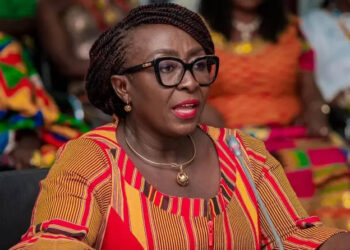By John Ikani
Gabon is heading to the polls on Saturday for a pivotal constitutional referendum that may overhaul its political framework. The proposed changes include a seven-year presidential term, renewable once, and the elimination of the prime minister’s role. This referendum is the first under the military-led transitional government since the ousting of Ali Bongo in a coup in August 2023.
“Gabonese women and men, I call on you to participate in this referendum, because our only enemy is abstention,” said transitional president Brice Oligui Nguema.
The military authorities consider this vote as the final phase in their transition plan following Bongo’s removal from power. In October, Gabon’s Council of Ministers greenlit a proposal to organize the national referendum.
“The Council of Ministers has expressed its satisfaction at the completion of the proposed new constitution,” noted Laurence Ndong, a spokesperson for the interim government.
Debate and Opposition
The draft constitution has stirred a mixed reaction among citizens. Supporters see it as a significant break from the Bongo family’s decades-long control, but opponents argue it could lead to an overly powerful presidency.
Prominent political and labor leaders, including Roger Abessolo of the influential union “Dynamique unitaire,” are calling for a “no” vote. Speaking to RFI, Abessolo reiterated the union’s commitment to strong institutional checks, warning that the new constitution concentrates excessive power in the hands of one leader.
Meanwhile, support among lawmakers appears to be gaining momentum.
“This constitution could become one of the major keys to allow Gabon to make a qualitative leap towards the future.”
As the referendum approaches, the country finds itself at a critical juncture, with citizens facing a decision that could reshape Gabon’s political landscape for years to come.



































